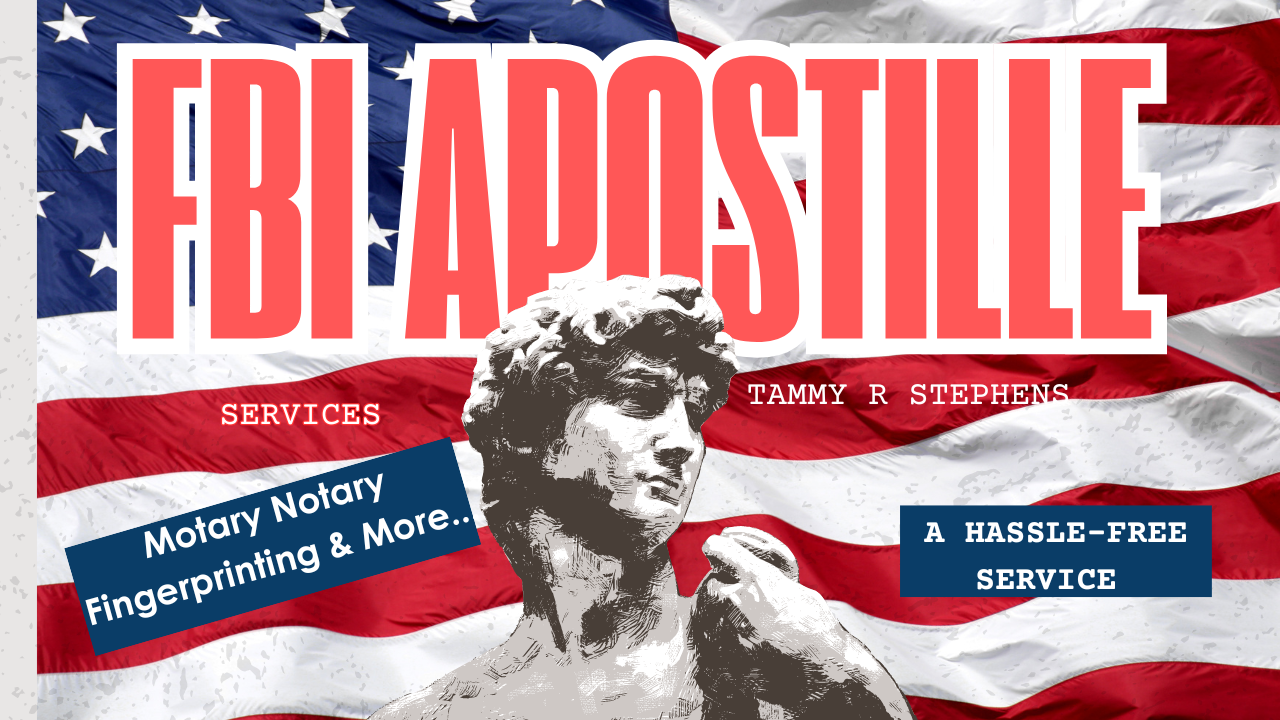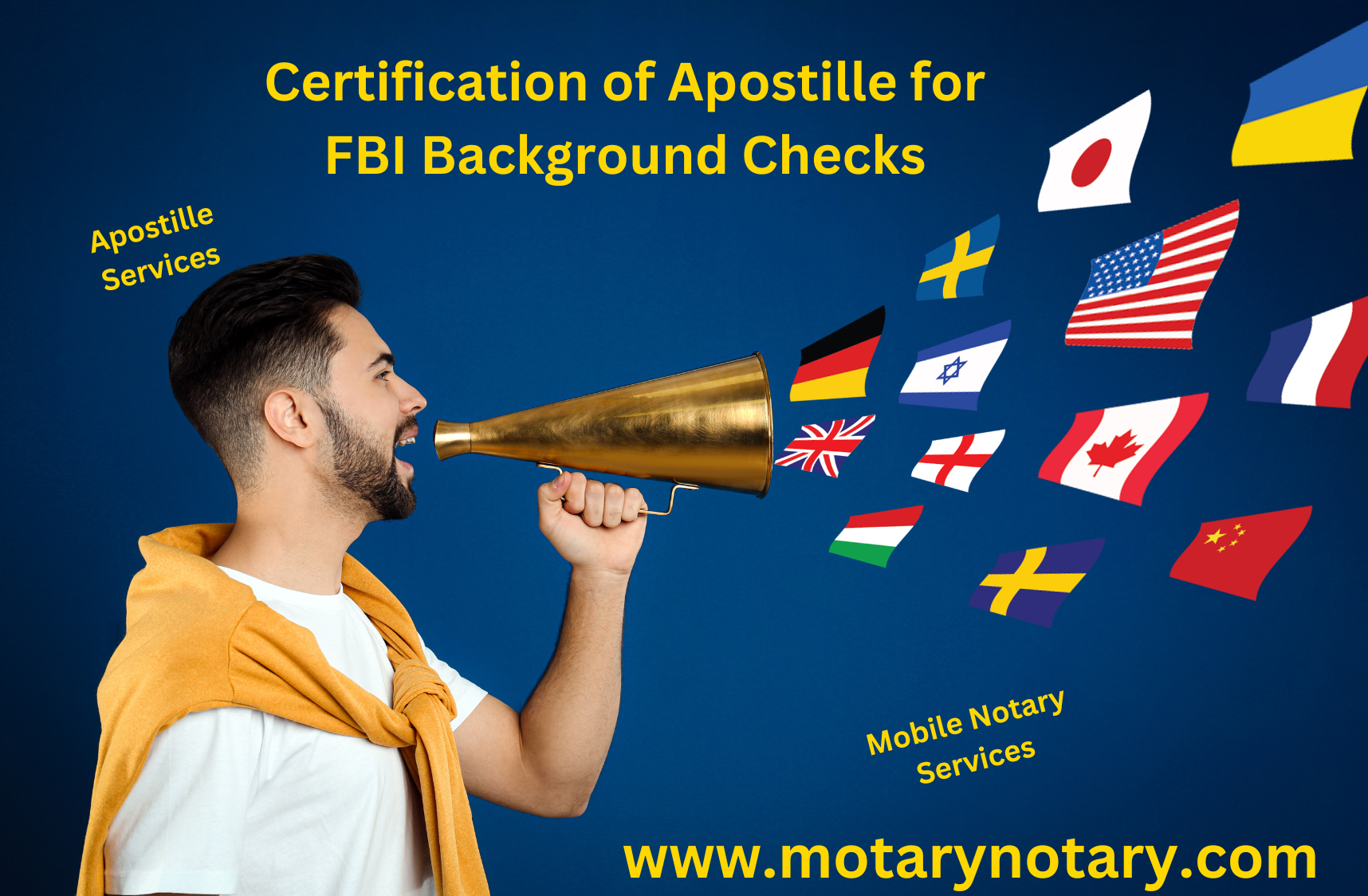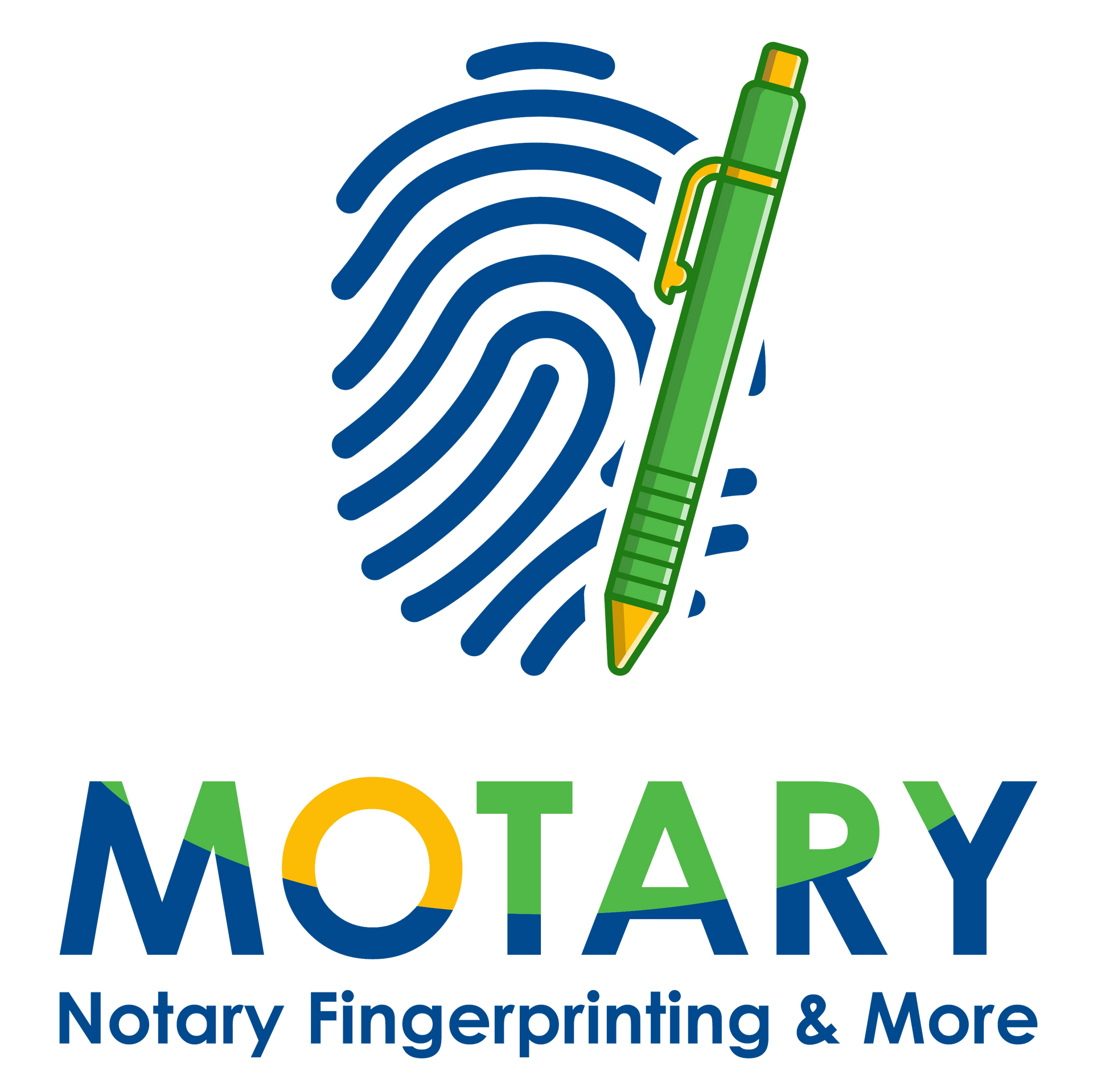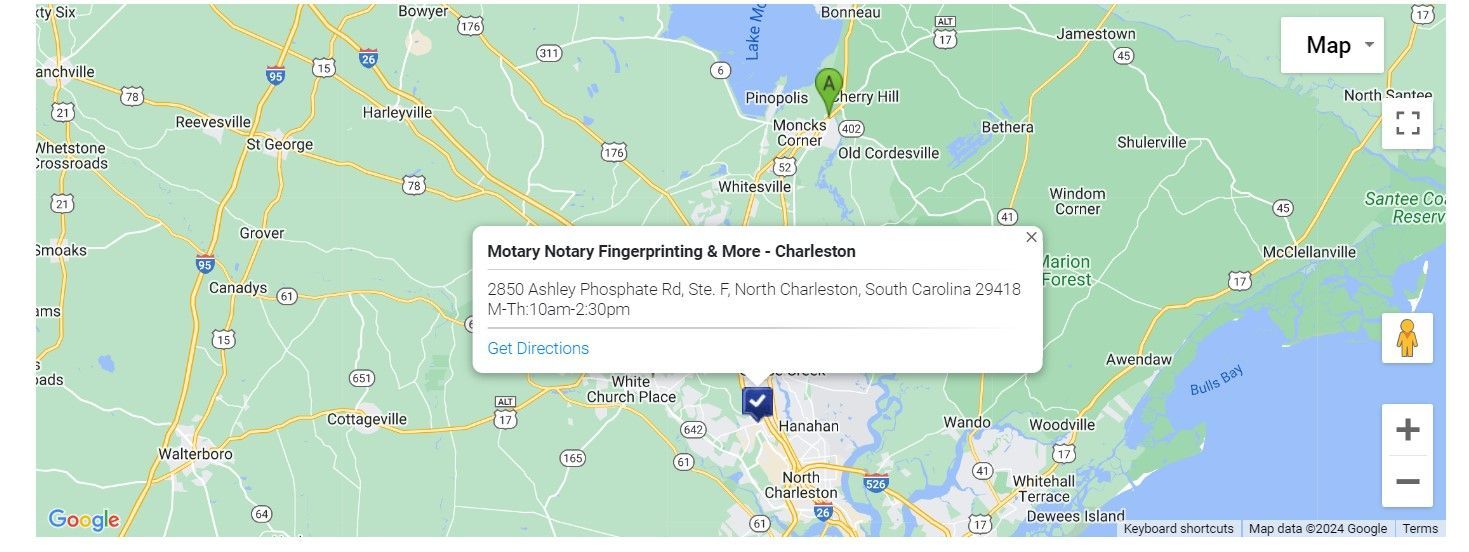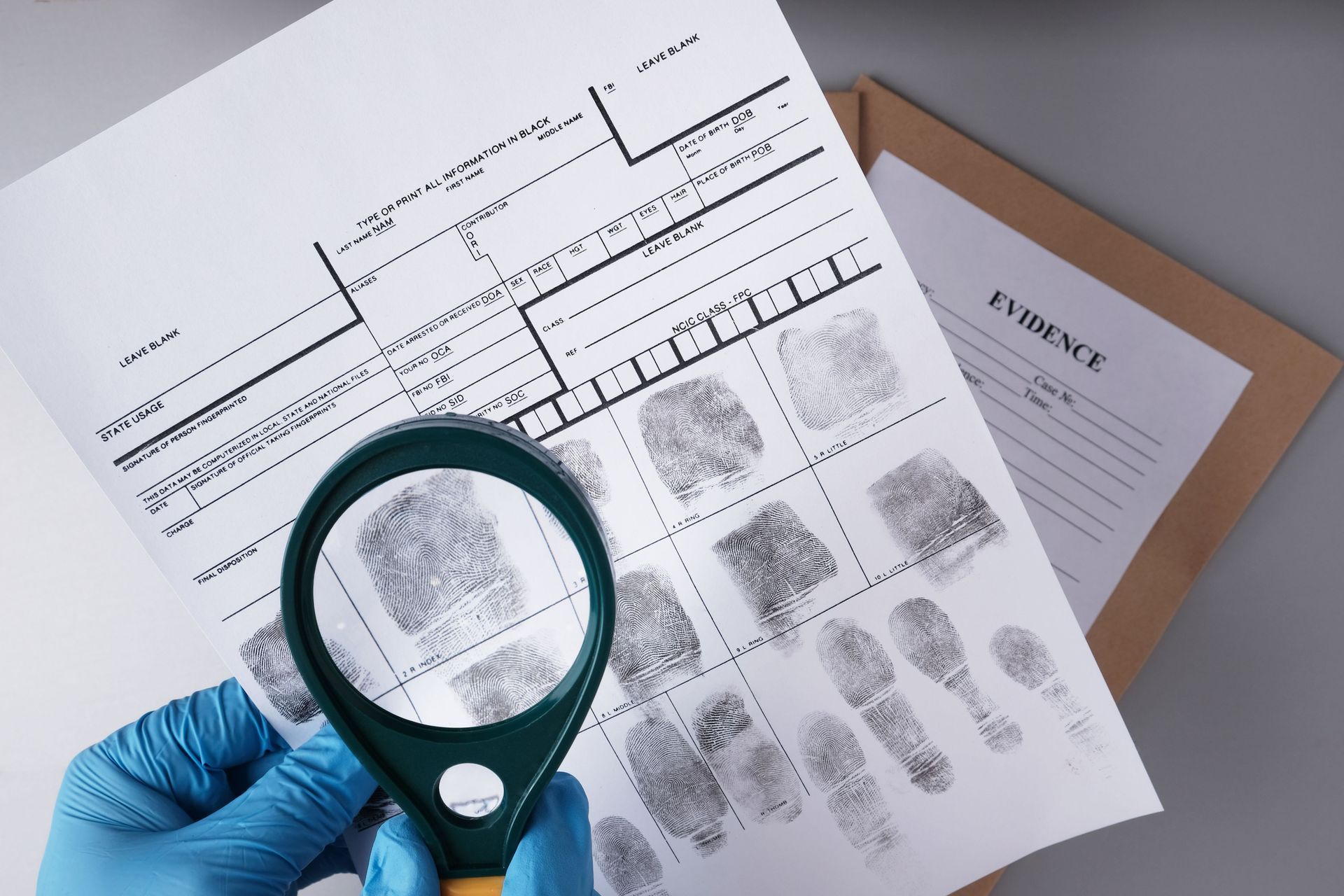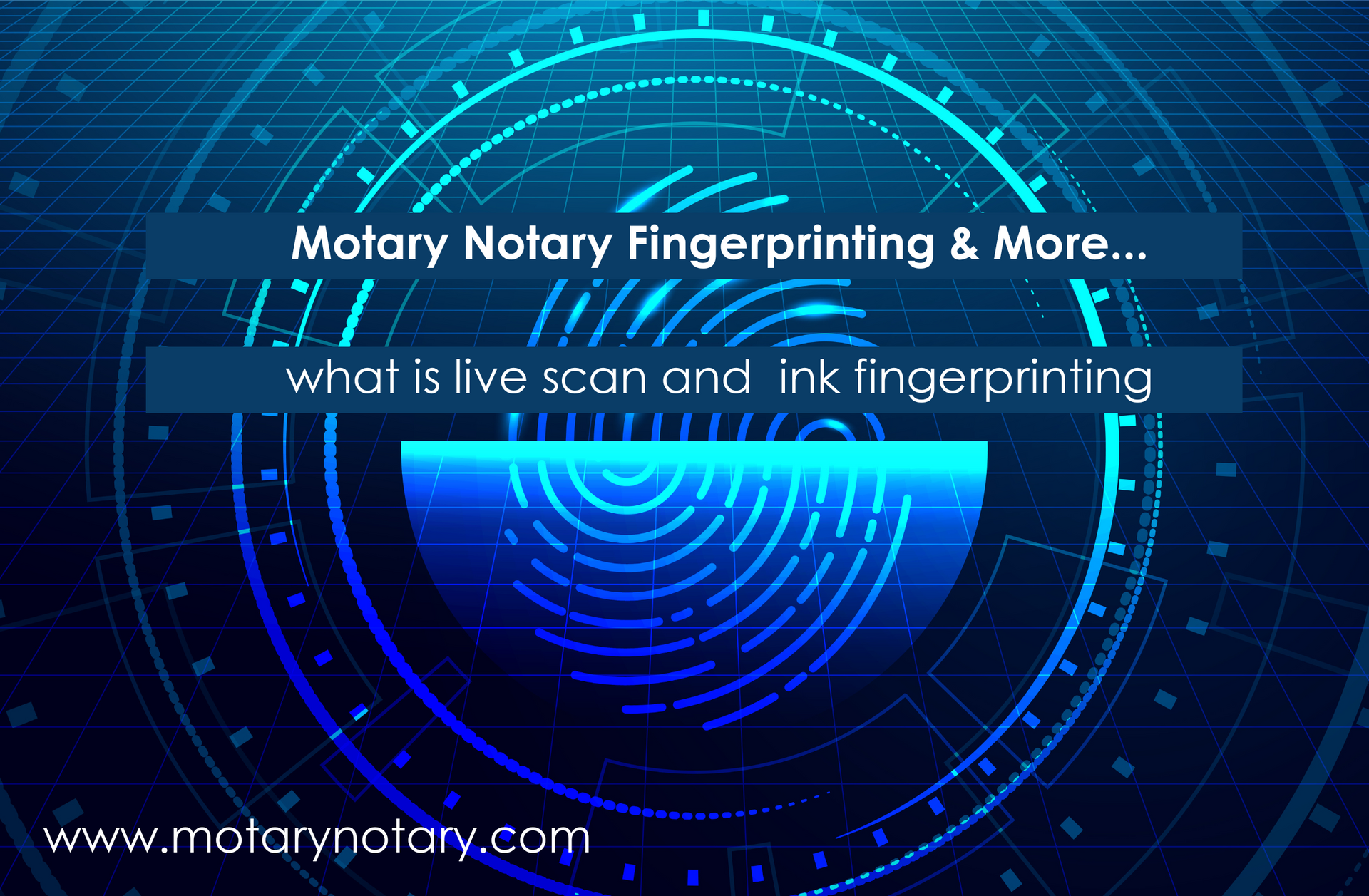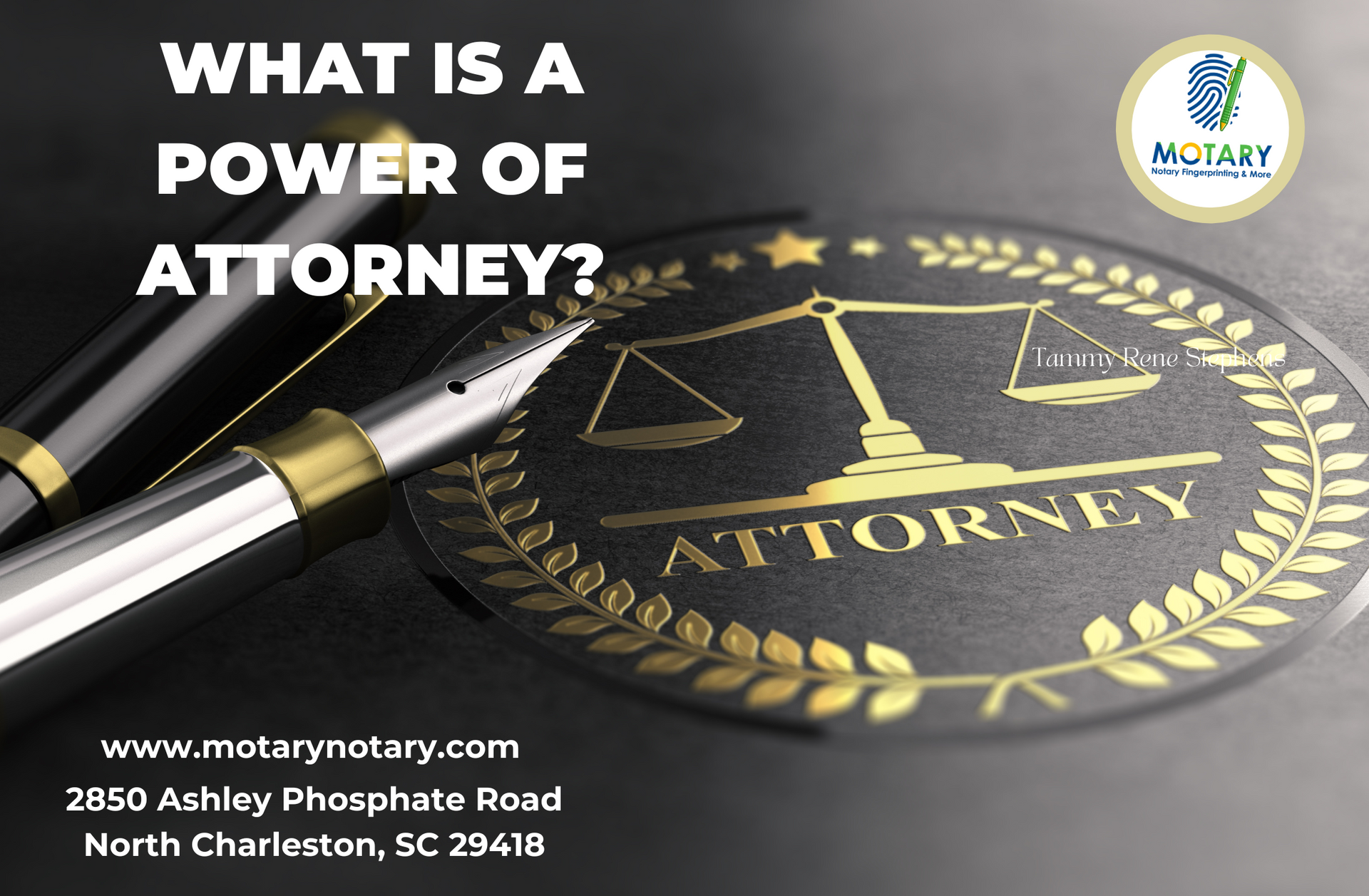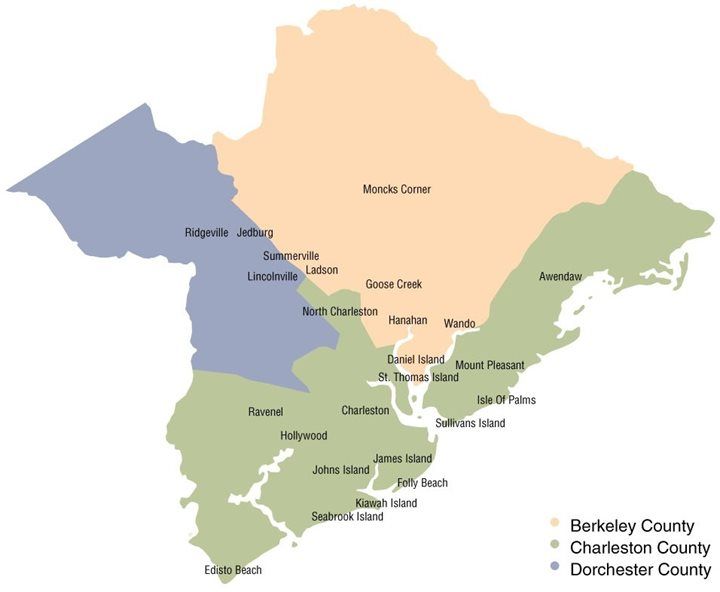Understanding Apostille Certification Costs
Understanding Apostille Certification Costs: A Comprehensive Analysis of Influencing Factors and Financial Planning Strategies
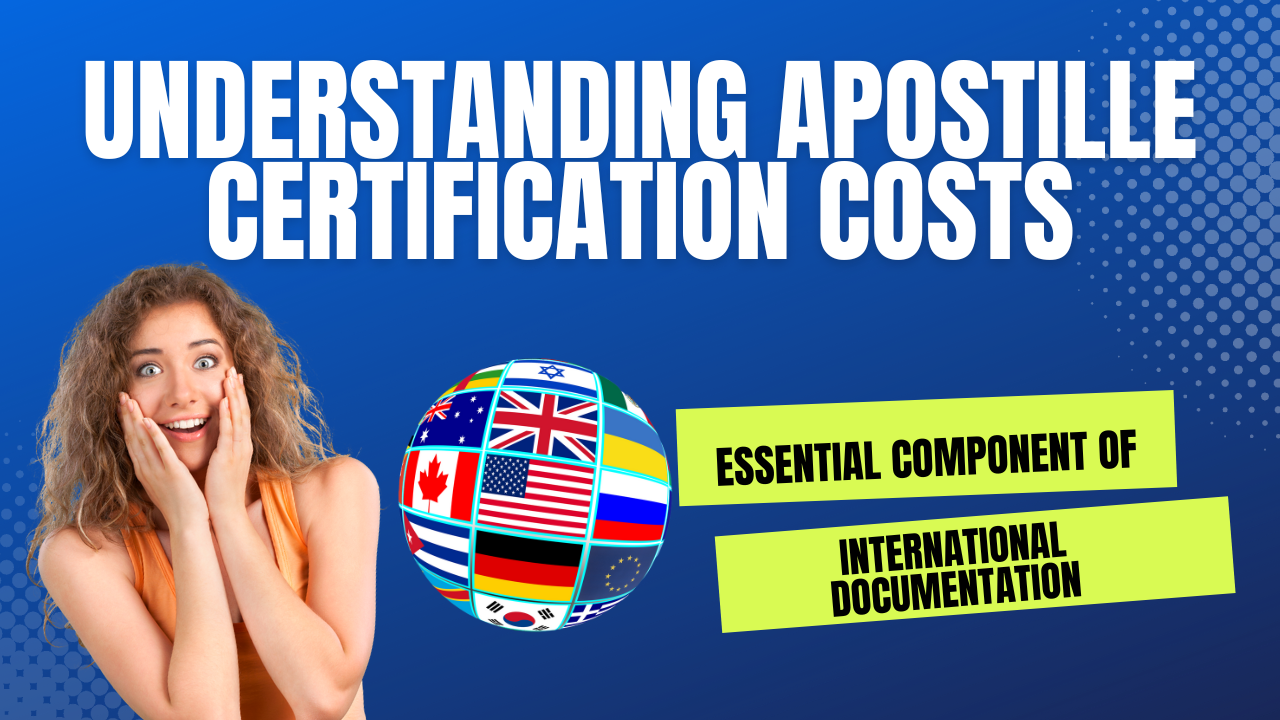
The Apostille Certification Process: An Essential Component of International Documentation
In the realm of international documentation and legal formalities, the apostille certification has emerged as an indispensable element. The apostille, which may initially appear as an enigmatic term to the uninitiated, is in actuality a critical facilitator of document authentication for international purposes. This certification effectively serves as a universally recognized seal of approval, ensuring that documents issued in one signatory country are accepted as valid in another, without the need for further legalization.
The necessity for apostille services has seen a marked increase, commensurate with the growing interconnectedness of global transactions. This includes a diverse array of scenarios, from personal documents like birth certificates and academic records to business contracts and legal papers. The apostille thus acts as a bridge between jurisdictions, streamlining the bureaucratic process and fostering smoother international interactions.
Factors Affecting Apostille Certification Costs.
The cost associated with obtaining an apostille certification is not uniform and can be influenced by a multitude of factors. A nuanced understanding of these variables is essential for individuals and organizations to navigate the process efficiently and allocate budgets accordingly.
- Volume of Certifications: The total cost is directly proportional to the number of documents requiring apostille certification. Each document necessitates its own verification process, and as such, the aggregate expense increases with the quantity of paperwork involved.
- Number of Signatures: The complexity of the apostille process is exacerbated by the number of signatures that each document bears. Each signature must be individually authenticated, thus adding layers of verification and, consequently, additional costs.
- Authentication Methods: The methodology employed for document authentication can significantly influence the overall expense. Traditional methods may differ in cost compared to more contemporary digital verification processes, each with its distinct pricing structure.
Pricing Considerations for Apostille Certification
To better comprehend the financial implications of obtaining an apostille, it is imperative to dissect the components of the pricing framework.
Starting Costs: This represents the foundational fee for initiating the apostille process. For example, a single document may incur a base cost of approximately $175. However, this figure is merely the entry point, and additional documents will result in an incremental increase in the total expense.
Additional Costs: Beyond the starting costs, various unforeseen factors can contribute to heightened expenses. These may include complications arising from the nature of the documents, the necessity for translations, or the demand for expedited processing.
Rush Services and Their Financial Impact
In certain circumstances, the urgency of document authentication can necessitate the utilization of rush services. This expedited approach is available at a premium, reflecting the accelerated timeline for processing. It is crucial to evaluate the urgency of the request against budgetary constraints and the sensitivity of the documents involved.
Budgeting Strategies for Apostille Certification
To ensure a cost-effective and efficient apostille process, strategic financial planning is paramount. Early preparation is one such strategy that can mitigate the need for rush services and their associated costs. Tailoring the process to the specific requirements of the documents in question can also prevent unnecessary expenditures on superfluous services.
Engaging with professionals who specialize in apostille services can be a prudent investment. Their expertise can streamline the process, navigate legal complexities, and potentially uncover more economical options.
Conclusion: Empowering International Document Authentication
In conclusion, the apostille certification process is a crucial component for the validation of documents on an international scale. A thorough understanding of the factors influencing costs, coupled with strategic financial planning, can greatly assist individuals and organizations in managing the apostille process effectively. By equipping oneself with the necessary knowledge and foresight, one can ensure that their documents are authenticated in a timely and cost-efficient manner, thus facilitating a seamless international experience.

